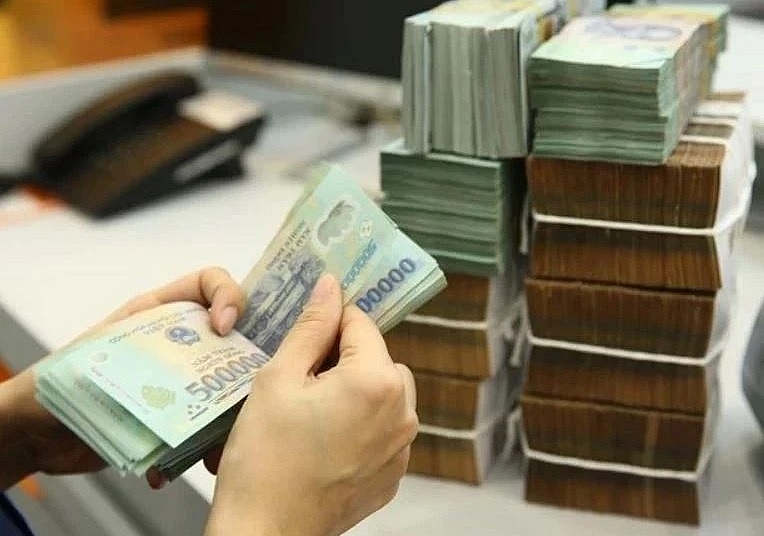PM orders building of financial plan for 2026-2030
 |
| Vietnam is building a financial plan for the 2026-2030 period. (Photo: VNA) |
Hanoi - Prime Minister Pham Minh Chinh has recently signed a directive on building a financial plan for the 2026-2030 period.
He ordered ministries, competent agencies and localities to make forecasts on the influence of the global and domestic political, economic and financial situation on mobilisation of and demand for capital and state budget during the five-year span.
They were required to set general and specific targets on budget collection and budget collection structure, budget spending and budget spending structure, state budget deficit, Government debt, public debt and foreign debt, as well as mobilisation and distributions of resources and state budget structure during the five-year period.
Besides, they must pen measures to carry out the five-year financial plan, including those on state budget collection, management to ensure the efficiency of the state budget spending, development of the market and financial service, mobilisation of international resources in emerging sectors, and management of public assets and state-owned enterprises.
PM Chinh requested that the financial plans for centrally-run cities and provinces must cover forecasts of local economic and financial situation and major socio-economic indexes like the gross regional domestic product (GRDP), consumer price index and growth of production sectors that could affect the local capital mobilisation ability and demand during the period.
It must include capital mobilisation and distribution orientations, targets on borrowing limit, outstanding debt and debt management, and other financial measures to carry out the financial plan.
What the stars mean:
★ Poor ★ ★ Promising ★★★ Good ★★★★ Very good ★★★★★ Exceptional
 Tag:
Tag:
Related Contents
Latest News
More News
- Private capital funds as cornerstone of IFC plans (February 20, 2026 | 14:38)
- Priorities for building credibility and momentum within Vietnamese IFCs (February 20, 2026 | 14:29)
- How Hong Kong can bridge critical financial centre gaps (February 20, 2026 | 14:22)
- All global experiences useful for Vietnam’s international financial hub (February 20, 2026 | 14:16)
- Raised ties reaffirm strategic trust (February 20, 2026 | 14:06)
- Sustained growth can translate into income gains (February 19, 2026 | 18:55)
- The vision to maintain a stable monetary policy (February 19, 2026 | 08:50)
- Banking sector faces data governance hurdles in AI transition (February 19, 2026 | 08:00)
- AI leading to shift in banking roles (February 18, 2026 | 19:54)
- Digital banking enters season of transformation (February 16, 2026 | 09:00)





















 Mobile Version
Mobile Version